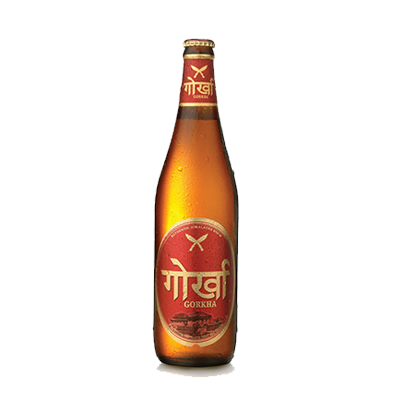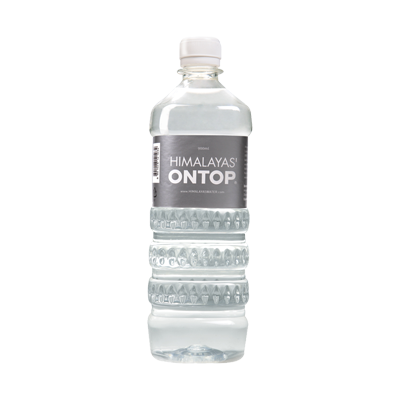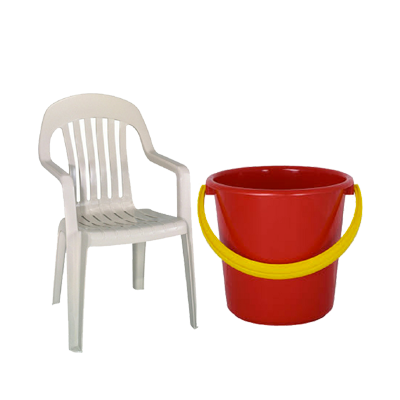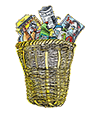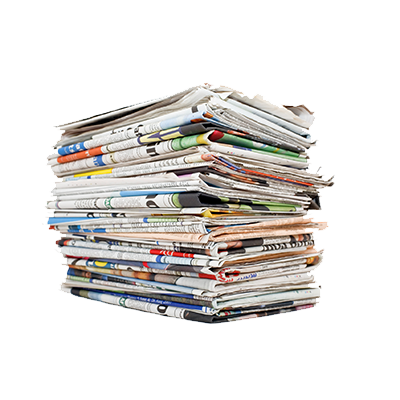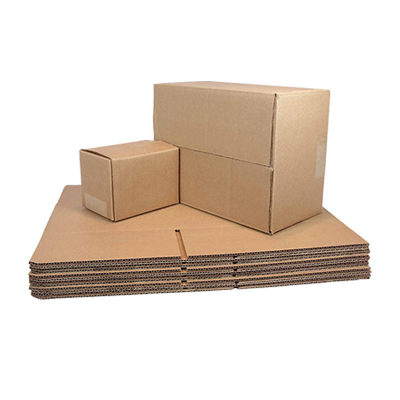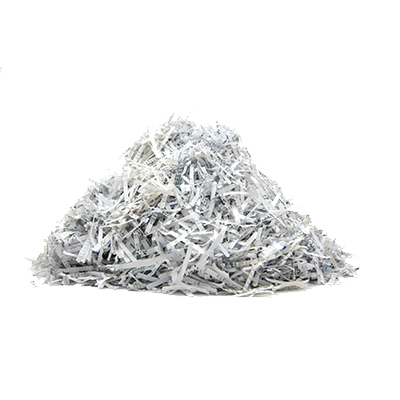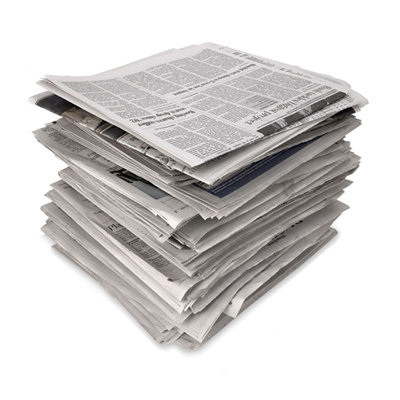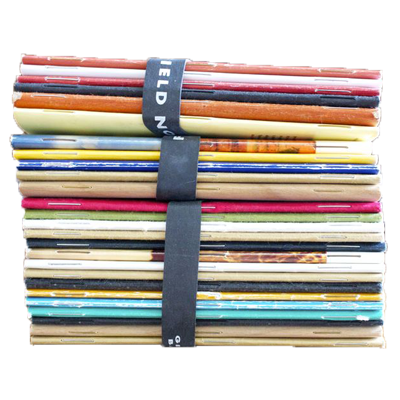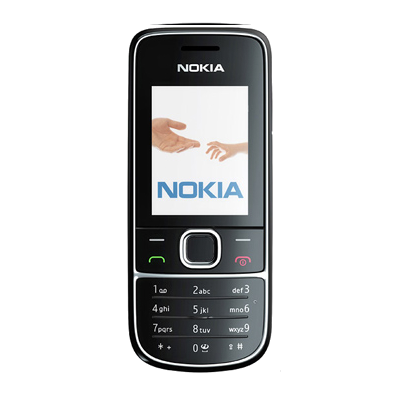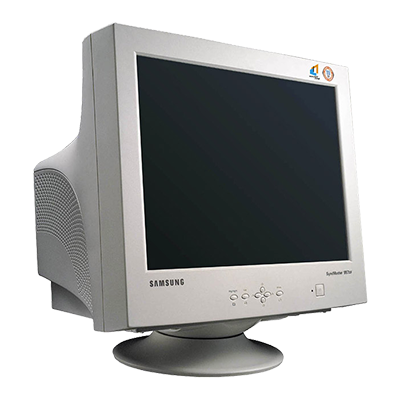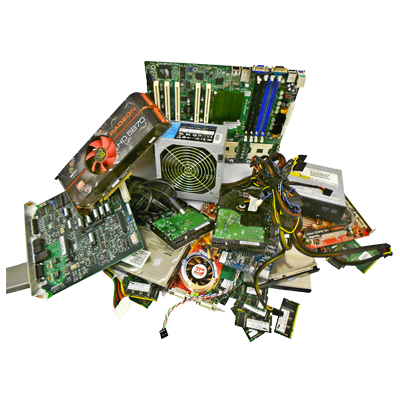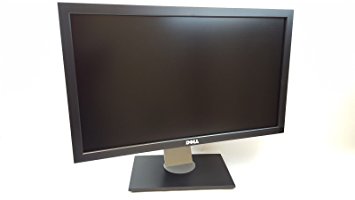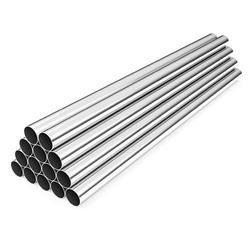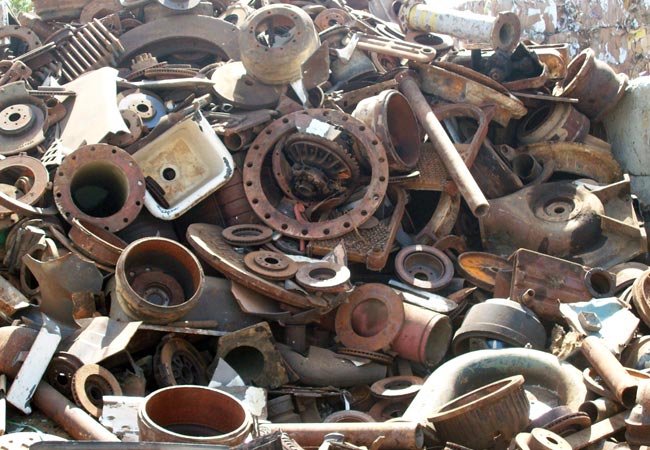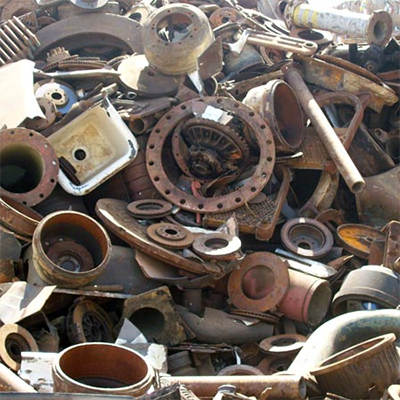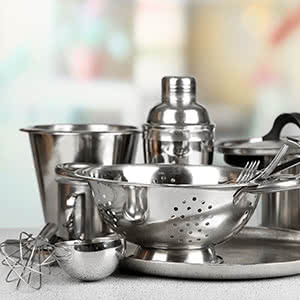
2020-01-27
Doko Recyclers' Impact in the Past Two Years
At the end of every year, Doko Recyclers reflects on all the resources it has helped to save thanks to all clients. From the start of our journey in 2017 until the end of 2019, we collected 5,86,227 kilograms of recyclables and saved 41,867 cubic meters of landfill space, 8,18,296 liters of oil, 7,617 trees, 12,614,693 liters of water, and 11,060,285 kWh of energy, all with our clients’ support. Let’s take a look at what saving each of these resources means to Kathmandu in the long run.
Landfill Space:
Where would our recyclables have ended up if it hadn’t been collected and properly processed? If the municipality vehicle picks up your waste, it would end up in Sisdole, a landfill site 18.5 kilometers north of Kathmandu. Leachate from electronics, methane gas from organic waste, microplastics from PET bottles and polyester clothing, and mercury from broken bulbs are just a few of the contaminants that emanate from Sidole. This growing pile of waste is causing numerous health hazards in the surrounding areas from rashes to asthma, and once Sisdole hits capacity, we will most certainly defile another community with another mismanaged landfill. With Kathmandu’s growing population, creating haphazard landfill sites is not feasible. This puts more people at greater health, economic and environmental risk.
Let’s stop for a moment and reflect on the 41,867 cubic meters of landfill space we have saved so far. It may not seem much but that’s about 17 swimming pools or about 1,700 microbuses. The 41,867 cubic meters of landfill space does not only reflect the physical space we saved, but the growing awareness that landfill sites need to be used only for non-recyclable waste. Indeed, an average Nepali household produces 60 percent of organic waste, which if used for composting, diminishes the need to be sent to Sisdole. Another 20 percent is recyclable waste such as paper, plastic, metal, glass, and e-waste which can easily be recycled whether through Doko or really any other recycling company. That leaves about 20 percent of non-recyclable waste. Imagine Sisdole being 20 percent of what it is now. Even if we assume the total area of Sisdole is a modest 10 hectares or 100,000 cubic meters, that is 80,000 cubic meters saved. With recycling and segregation of waste, we could have certainly extended it’s timespan and mitigated the damage it has done to our health and environment. It’s never too late to start.
Water:
Let’s move onto water now. With growing water shortages and increasing water pollution, the need to conserve water is more important than ever. Where does recycling come into conserving water? It might be hard to believe but a single A4 size paper made from wood pulp uses upto 20 liters of water to produce. That is an entire bucket of water going into one sheet of paper that may or may not be tossed in the trash. Now imagine if you recycled that sheet of paper instead. The amount of water it takes to create paper out of recycled paper pulp compared to wood pulp is incredibly less. In fact, recycling one ton of paper saves roughly 26,500 liters of water. Imagine 26,500 liters of water gushing through our rivers or in our households instead. In these past two years, we have saved 12.6 million liters of water, that is 5 swimming pools or 630,000 sheets of A4 size paper worth of water conserved! It’s a simple fix to save water: recycle. And it’s not just paper you should be recycling. Recycling aluminium also produces 97% less water pollution than producing new aluminum from bauxite, a sedimentary rock which is one of the main sources of aluminium. So the next time you find yourself wanting to throw away an aluminium can or a paper cup, remember to throw it in the recycling container, not just for your health but for the environment’s too.
Oil:
Let’s move on to oil. You might be wondering how oil gets saved when you recycle paper or plastic but it certainly does. Not many know this but plastic is actually made from crude oil. Now imagine the amount of oil used to produce the plastic bags or straws or bottles or cutlery you throw away after every single use. If you recycle these plastic items or better yet reduce their consumption by switching to sustainable alternatives, you can save a significant amount of oil. A single ton of plastic recycled (and we use much more than a ton as a planet) saves about 1,950 liters of oil. It takes about 120 liters of oil to get to one end of Nepal from Kakarbhitta all the way to the west (Bhimdatta). Since we saved 8,18,296 liters of oil, that means we could have around 7,000 such trips. We could have driven from the easternmost point to the westernmost point and back 3,500 times with the amount of oil we saved in just 2 years! Precious non-renewable oil. There’s more. When you turn a tree into paper, the amount of oil used is significantly more than when you would turn paper into well, paper. In fact, a single ton of paper recycled saves 160 liters of oil. It is important for us to realize resources like oil are in limited supply and when we recycle, we conserve what natural resources we have already depleted from our planet.
Energy:
For any materials to be made, it takes much less energy to make it from recycled products than it is with its raw material. In just 2 years, we have saved about 11 million kilowatts of energy. This is the equivalent of using 370,000 television sets for 5 hours per day. Just think about it, the process from turning a tree into paper is much more extensive than it is with turning recycled paper into new paper. Making recycled paper uses only about 60% of the energy needed to make paper from trees (wood pulp). And this is nothing compared to energy saved with aluminium recycling. The aluminium containers you use for take out takes only about 5% of energy if it was made from old aluminium containers as compared to its raw material, bauxite ores. It takes less heat, electricity, transportation, machinery to take already existing aluminium and plastic and paper and turn them into new products than it does to mine bauxite, or drill for oil, or chop down trees. Recycling is easy when you think about the effort it takes to take raw virgin materials from our earth and turn it into new products. A simple task of segregating your waste can save our dwindling natural resources and prevent pollution from mining, logging, and drilling among other extraction methods.
Trees:
Everyone knows where paper comes from. Trees. So what do you do when you fail to recycle paper? You are taking valuable resources that could instead be used to make paper. Instead, industries will be more likely to cut trees to keep up the supply for paper. If you think you wouldn’t be helping with reducing the number of trees cut, one single ton of paper recycled saves up to 17 trees. Even if an average person recycles 250 kilograms of paper a year, they will be saving about 4 trees a year. Now imagine your entire office or school or community recycling paper, we would be saving entire forests from getting cut down. Recycling paper not only saves trees or water, it does a lot more than that. When we cut trees, we are taking away fully formed ones from our environment. We then have to plant new ones which take at least a year or more to reach maturity. This means less oxygen in our atmosphere between the time it takes for new trees to be ready to be cut all over again. It is best if we leave trees as they are, instead opting to recycle paper already in circulation.
It is our aim to help you realize the extent of social, economical, and environmental benefits that arise with recycling and how easily you can contribute. In fact, it should be the way ahead if humanity is to salvage what little natural resources it has left for future generations (be it human or otherwise). Recycling should not be something that a select few do, it should become a habit of the masses. We have saved so much energy, oil, trees, water, and landfill space and we want to build off of this momentum where we are preserving our natural raw resources and recycling instead. It’s a simple task with an incredible amount of payoff so let’s start recycling today.

